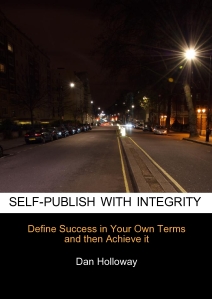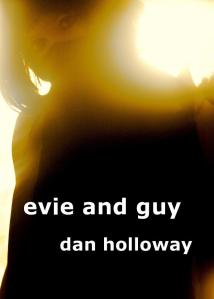Now available for Kindle in the UK for £1.88 and in the US for $2.99 as well as in all other Amazon territories
The perfect Christmas present for anyone whose New Year's resolution is to self-publish in 2014. Or even to start writing something they want to self-publish in 2015.
So it's here! After more than four years in the making, this is my contribution to the how-to-self-publish canon, filling a gap where a book is both needed and allows me to bring together the various pieces of my own particualr take on this fabulous, mad, messy new world we find ourselves in the midst of.
This is a book about how to find out what really matters to you in your writing, and then to achieve it, steering the treacherous path of helpful advice, books, blogs, and setbacks that are as able to send you steaming in the opposite direction as speeding to your goal. I've drawn on my years of experience and the many mistakes I've made, allowing myself to get carried away and as a result carried wildly off course, only to wonder why I seem to be "succeeding" but feel, deep down, anything but a success.
What I want most from this book is for it to give you the confidence to be who you are. Each writer is unique, and their writing means something different to each of them, so any rigid "do this, do that" guide has to be taken with bioblical portions of salt, which is why this is not a book that seeks to tell you what to do, but rather a book that helpd you to listen to the most important voice of all: your own, and to use that voice, so often drowned out on the journey, as the steady compass by which to steer you course through a long, rewarding life of writing that is a success in the only terms that matter: yours.
This list of chapter titles will give you a flavour of the book.
1. The Pressure to “Succeed”
2. Why Do You Write?
3. Is Self-publishing Right for You?
4. Never be afraid to be you
5. Dealing With Self-Doubt
6. Dealing With Self-Belief
7. Handling Praise
8. Producing Your Book: Picking the Right Partners
9. Building a community
10. The Whites of Their Eyes: Giving Great Readings
11. The Long Haul


